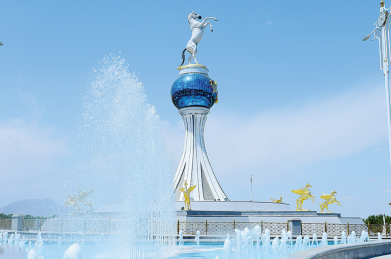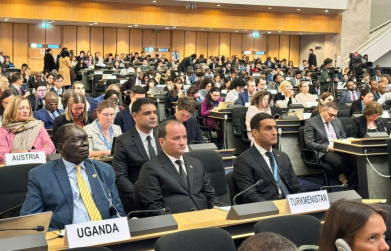Ashgabat and Tashkent in Bilateral and Regional Focus – Analytical Tuning of Prospects
12.10.2025 | 23:15 |Ashgabat, October 12 | ORIENT. The visit of the delegation of the Republic of Uzbekistan, led by Director of the International Institute of Central Asia (IICA), Javlon Vakhabov, to Ashgabat marked a new stage in the deepening of bilateral and regional expert dialogue. The central event was a roundtable discussion, "Turkmenistan-Uzbekistan: New Horizons of Cooperation," at the Institute of International Relations (IIR) of the Ministry of Foreign Affairs of Turkmenistan.
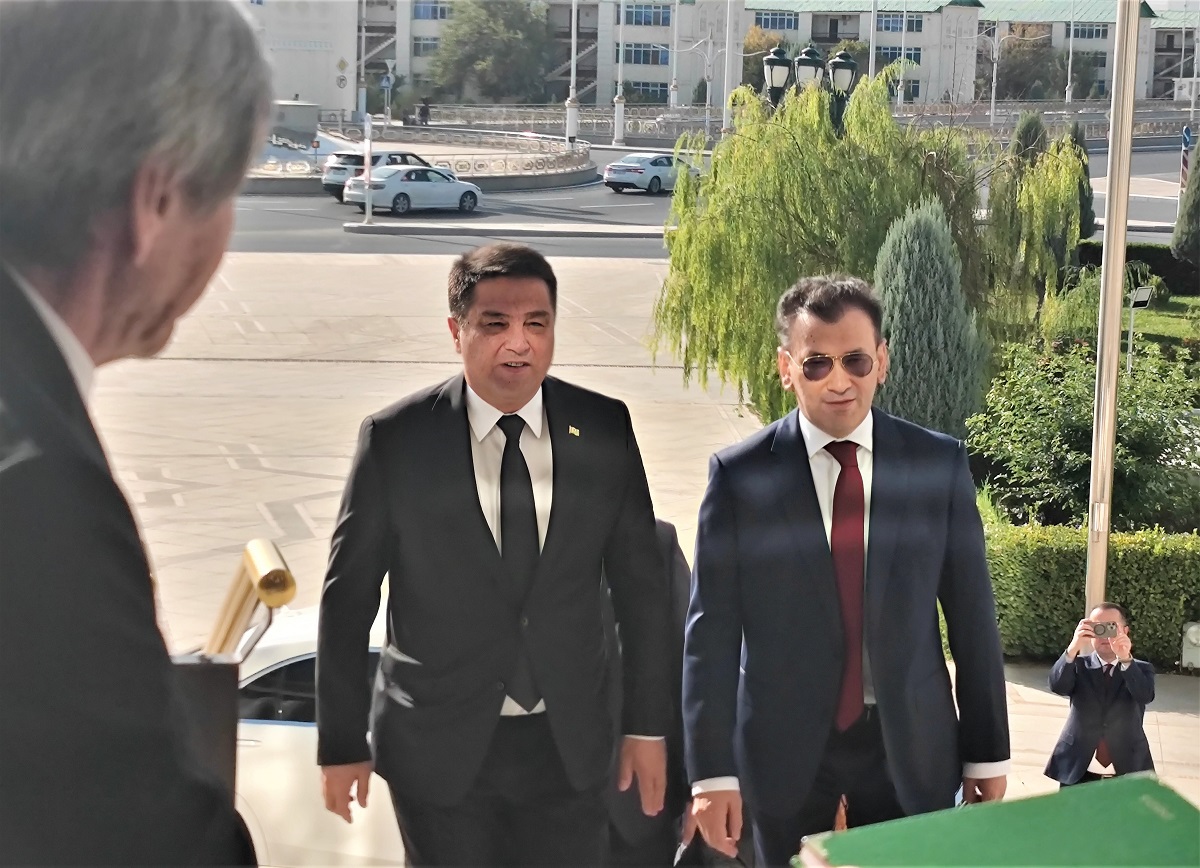
This dialogue, which brought together experts, diplomats, and private sector representatives, went beyond the traditional exchange of opinions. It provided an analytical analysis of promising areas that will shape the agenda of cooperation for the foreseeable future. The meeting is particularly relevant because it was held ahead of the 7th Consultative Meeting of the Heads of State of Central Asia, which will be held in Tashkent in early November.
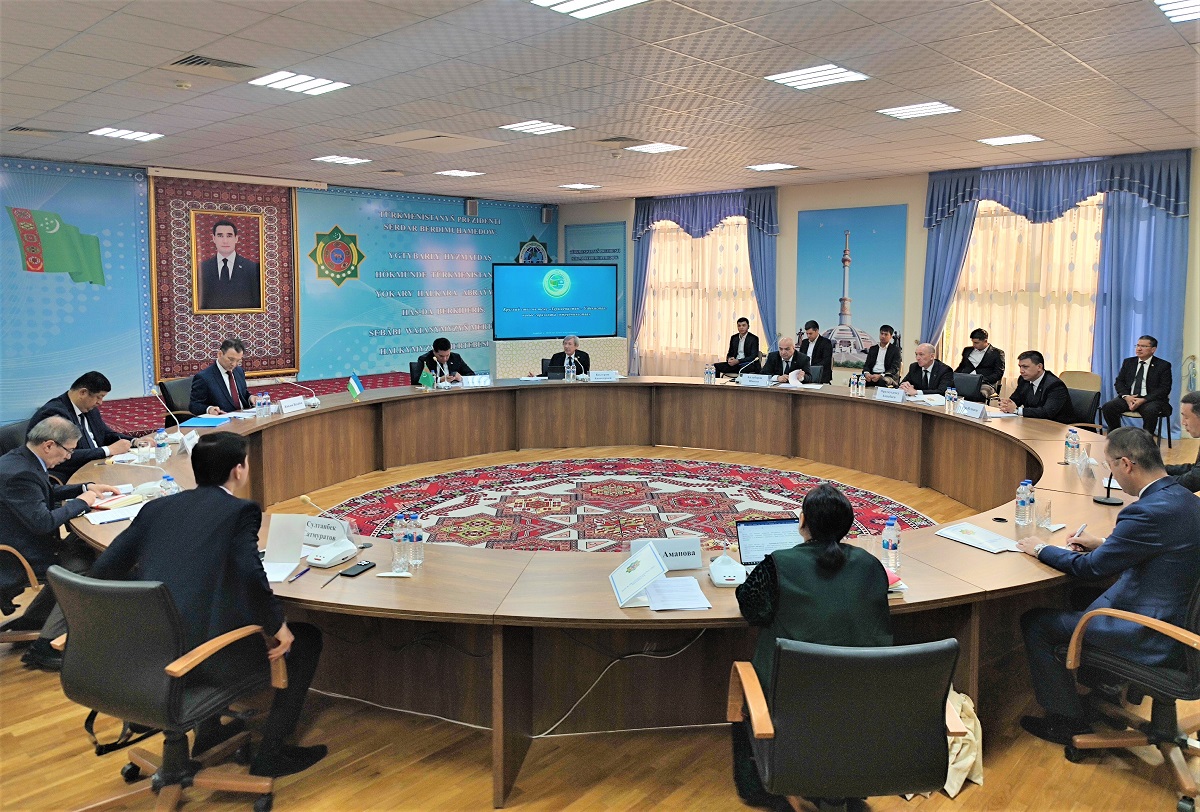
A working dialogue was opened at the level of the heads of the two countries' leading think tanks, underscoring the high status and strategic significance of the event.
The head of the Uzbek delegation, Javlon Vakhabov, Director of the International Institute of Central Asia (IICA), delivered a welcoming speech. He emphasized that expert diplomacy is an important part of the modern regional process.
The IICA delegation's visit to Ashgabat is more than just an exchange of opinions; it is an impetus for a systemic partnership between think tanks. Our shared goal is to provide the political leadership of our countries with deep, pragmatic analysis for decision-making that will strengthen Central Asia as a unified, stable, and prosperous space. We must translate the political will of leaders into roadmaps for each sector, Vakhabov noted.
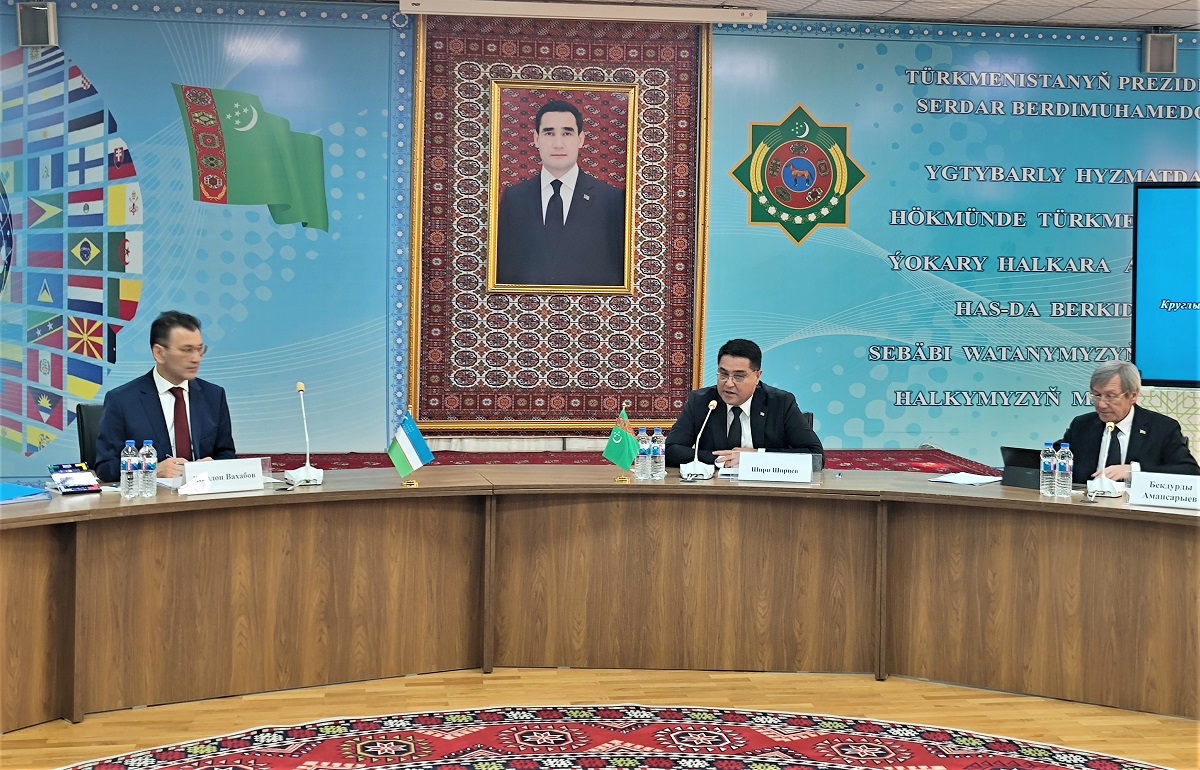
Shiri Shiriyev, Director of the Center for Strategic Studies at the Institute of International Relations of the Ministry of Foreign Affairs of Turkmenistan, emphasized Turkmenistan's strategic role in the new architecture of regional security and development.
Turkmenistan, as a neutral state, sees its mission in creating reliable, inclusive platforms for dialogue. Our roundtable is practical confirmation that Ashgabat and Tashkent are ready to jointly shape the regional agenda, focusing on issues critical for the future: from water diplomacy and logistics to the formation of a common cultural identity. Today, experts are laying the foundation for the further consolidation of Central Asia, Shiriyev emphasized.
Translating Initiatives into Practice and Establishing Mechanisms
Ambassador Extraordinary and Plenipotentiary Daniyar Kurbanov, Head of the IIC Department, presented an in-depth analysis of the regional consolidation process, focusing on the need to move from declared initiatives to their effective institutional implementation.
Ambassador Kurbanov acknowledged that, although the Central Asian countries have achieved tangible results in strengthening mutual trust and resolving issues, further deepening the process requires a realistic understanding of key problems and the search for pragmatic, compromise solutions.
He put forward a number of proposals for strengthening institutions: activating the work of the Council of National Coordinators (CNC) by making it more public, regular, and expanding its functionality to oversee the implementation of the more than 300 initiatives put forward since 2018; strengthening the role of the chair of the Consultative Meetings of the Heads of State of Central Asia, including the development of cooperation plans based on proposals from all parties; reopening the issue of establishing a Secretariat to ensure the continuity of the regional process; Strengthening inter-MFA cooperation – regular meetings of foreign ministers and coordination of diplomatic missions in third countries and international organizations.
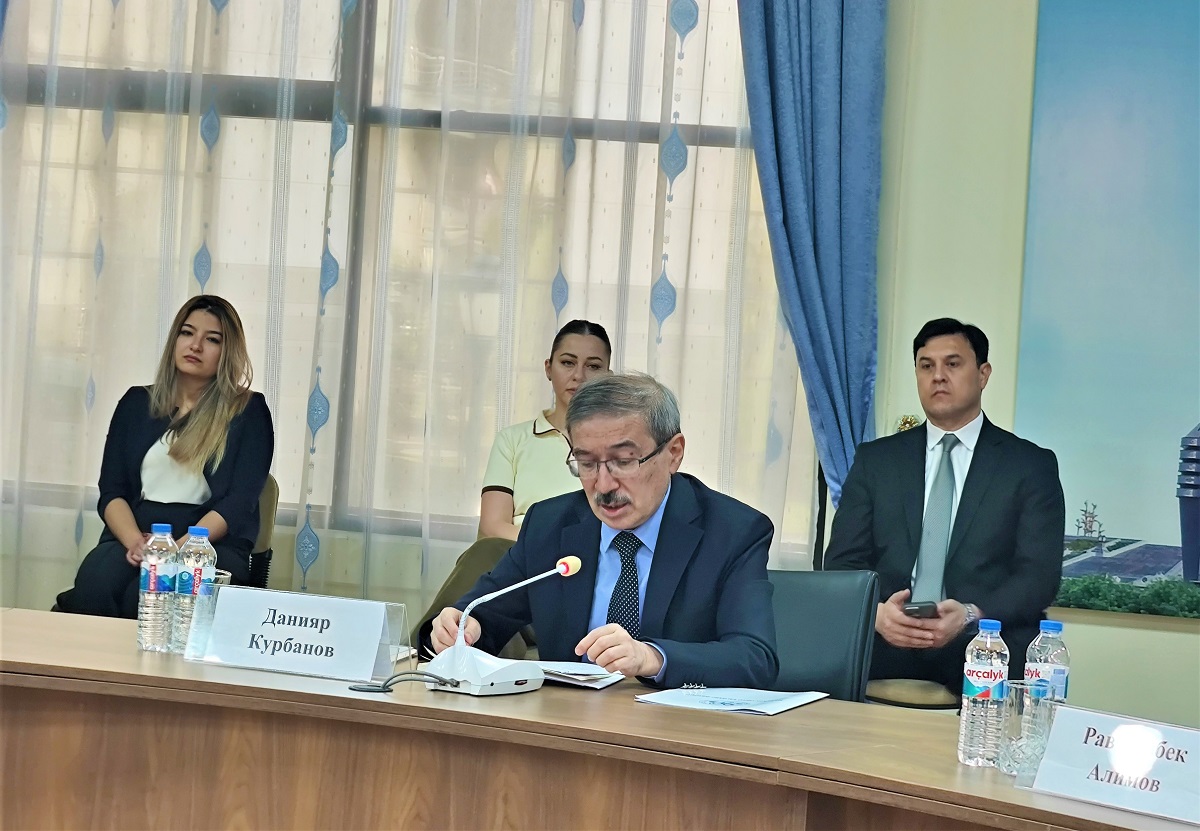
Daniyar Kurbanov placed particular emphasis on the need to create a common economic space by simplifying trade and harmonizing regulations without contradicting obligations to the EAEU and the WTO.
He also emphasized that Turkmenistan's proactive stance on transport issues, the creation of the "Energy Dialogue of Central Asian Countries," and the Business Council proposal opens up good opportunities for more substantive bilateral cooperation between Tashkent and Ashgabat.
The Foundation of Regional Responsibility
Bekdurdy Amansaryev, Senior Research Fellow at the Institute of International Relations of the Ministry of Foreign Affairs of Turkmenistan, focused his colleagues' attention on the spiritual and cultural foundation of integration—the formation of a regional identity in Central Asia.
Amansaryev noted that, in the context of global upheavals, the idea of identity has ceased to be an abstract concept and is becoming a practical task, the solution to which determines the stability and security of the region.
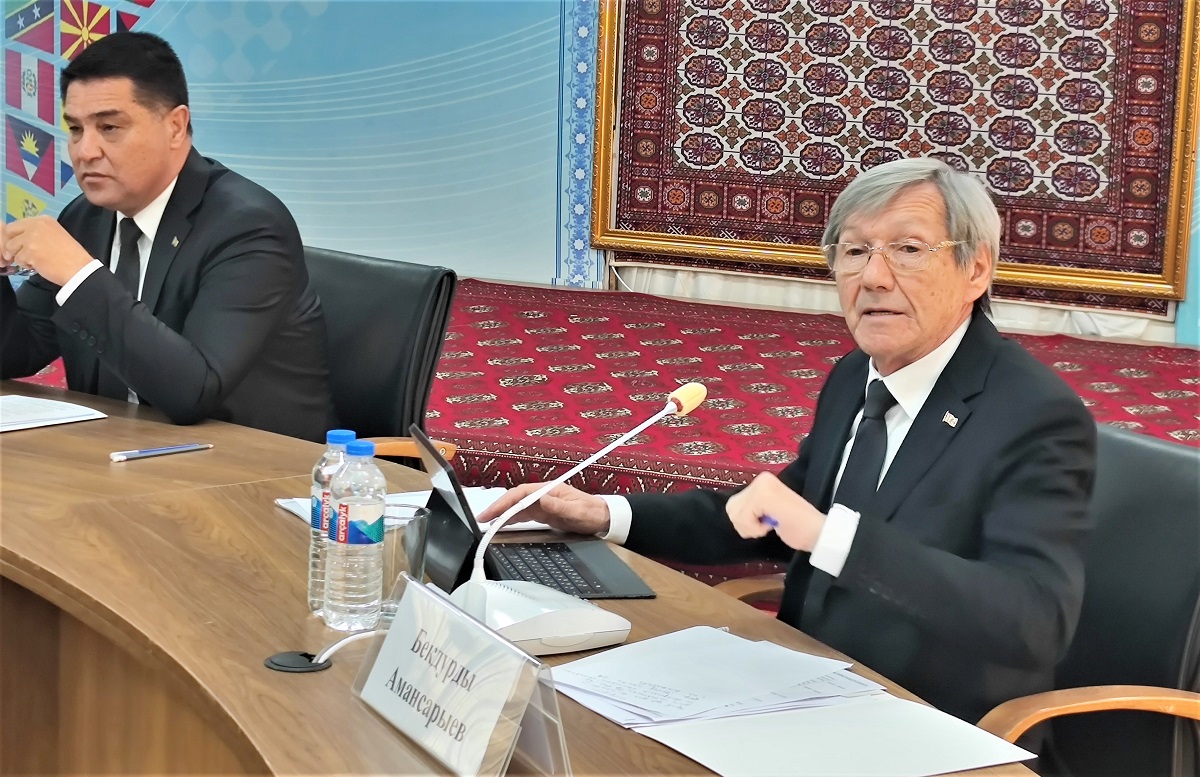
"Regional identity is not imposed from above – it grows from interaction, mutual respect, and an awareness of our shared destiny among the peoples of Central Asia," the expert emphasized.
The key goal, in his opinion, is the creation of a new model of regional responsibility. The recently presented Draft Concept aims to preserve peace and good neighborliness, promote a shared cultural heritage, and foster a positive image of the region in the world as a space of stability and creativity. Amansaryev emphasized that this process requires not only political will but also the internal maturity of society, calling for overcoming the inertia of perceiving neighbors through the prism of differences.
Economic Tracks: Tourism and Logistics
A key feature of the roundtable was the active participation of representatives of Turkmenistan's private sector. In the tourism sector, Sahra Amanova, Director of the private enterprise "Eşretli syýýahat," proposed practical steps to create a common brand for Central Asia—"Two Wings of the Silk Road" or "Two Nations – One Journey." She noted the enormous interest among travelers in combined "Turkmenistan-Uzbekistan" tours and emphasized that the development of regular air service is critical to realizing this potential.
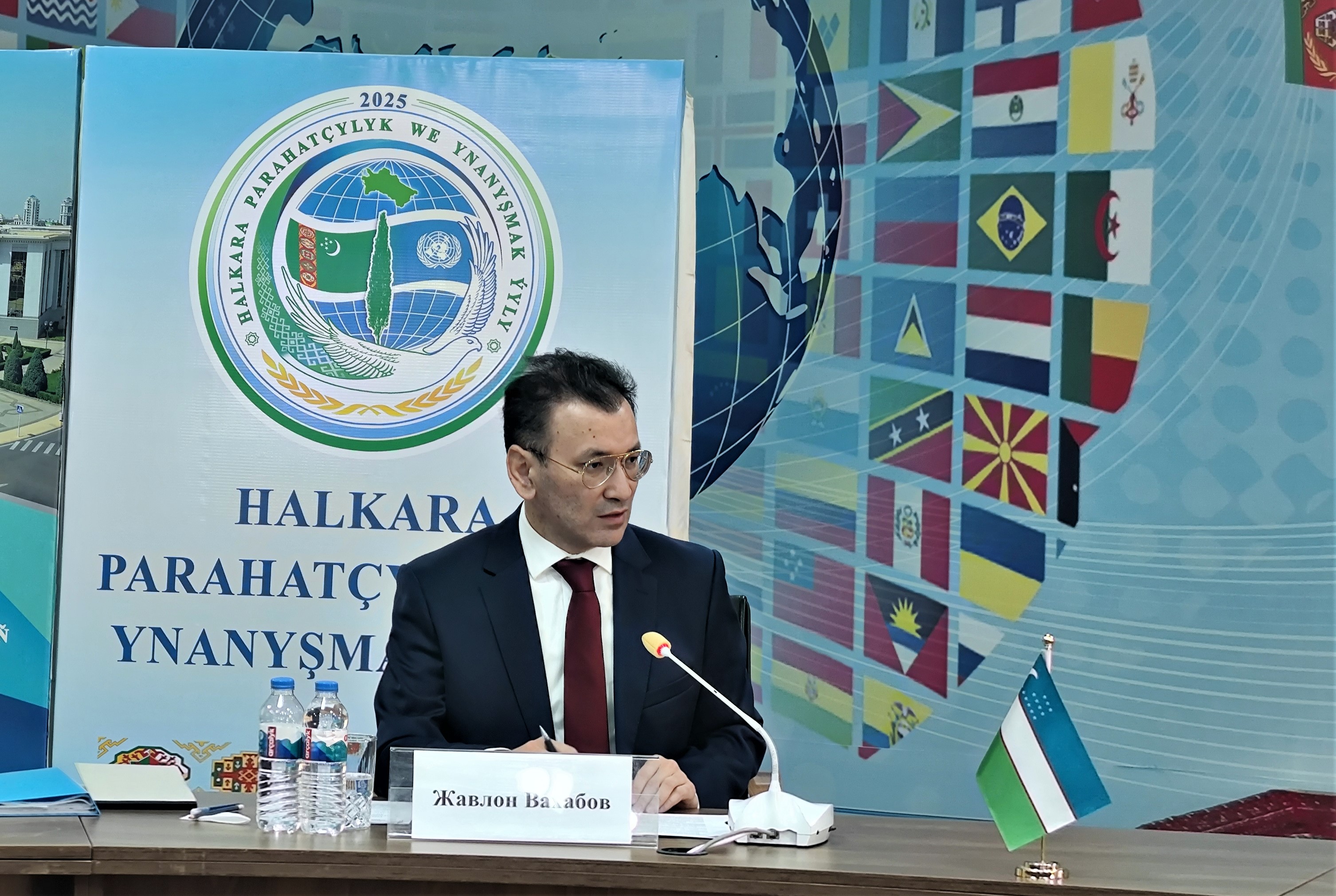
In the transportation and logistics sector, impressive growth figures for freight traffic were announced (over 17,000 vehicles per year). Business representatives emphasized readiness of Turkmenistan to collaborate on developing corridors, in particular the Uzbekistan–Turkmenistan–Caspian Sea route with access to Europe, as well as the speedy implementation of the Ashgabat Agreement on the Uzbekistan–Turkmenistan–Iran–Oman corridor. The reconstruction of the Farap Avtoyollary customs post on the Turkmen-Uzbek border, which doubled its throughput capacity, directly contributing to the efficiency of transit was particularly noted.
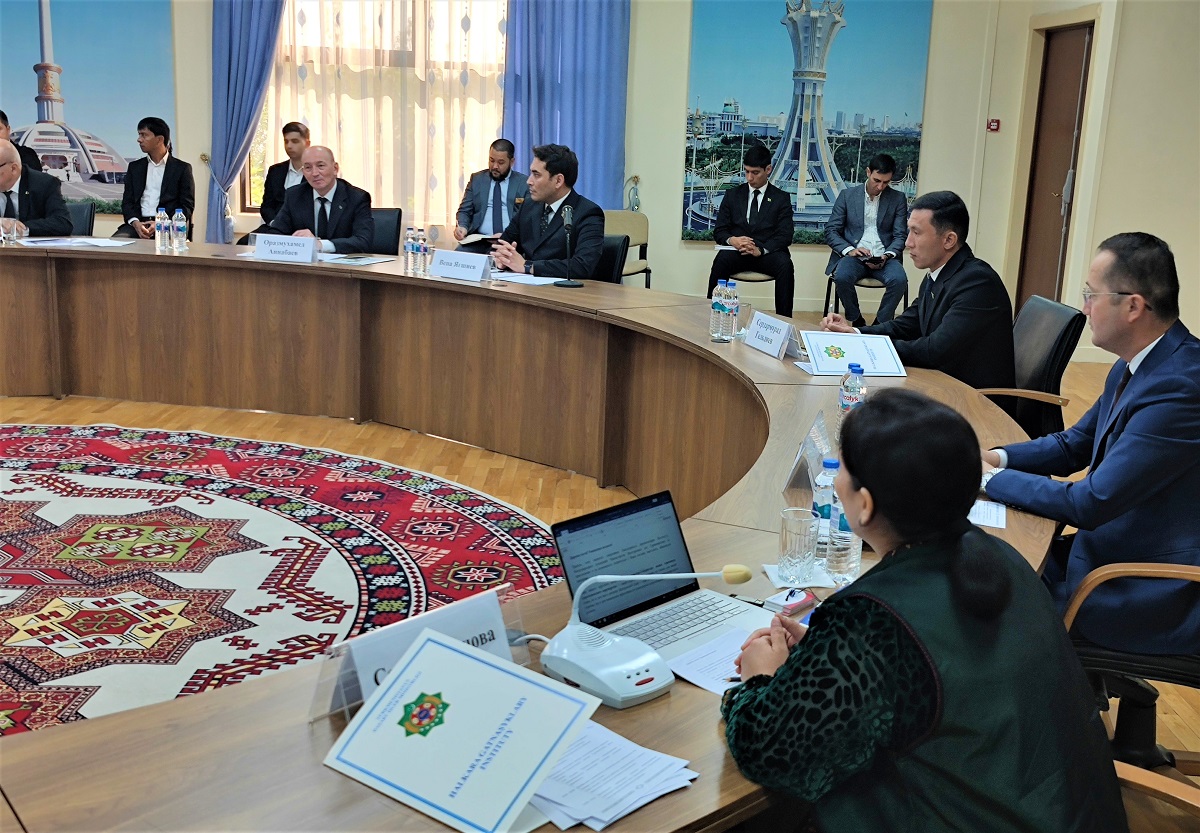
Climate and Water Agenda
The roundtable also addressed the crucial topic of water and climate security. Orazmukhamed Annabayev, a leading researcher at the Institute of International Relations (IIR) of the Ministry of Foreign Affairs of Turkmenistan, emphasized that Central Asia is one of the most vulnerable in the region to climate change.
He noted that Turkmenistan consistently adheres to the principle that water is a common resource, and the country's leadership has clearly identified water diplomacy as a foreign policy priority.
"Water diplomacy is the foundation for water cooperation," Annabayev stated, emphasizing that the solution lies in improving the technical level of irrigation systems, introducing water-saving technologies (drip irrigation), and harmonizing water consumption regulations.
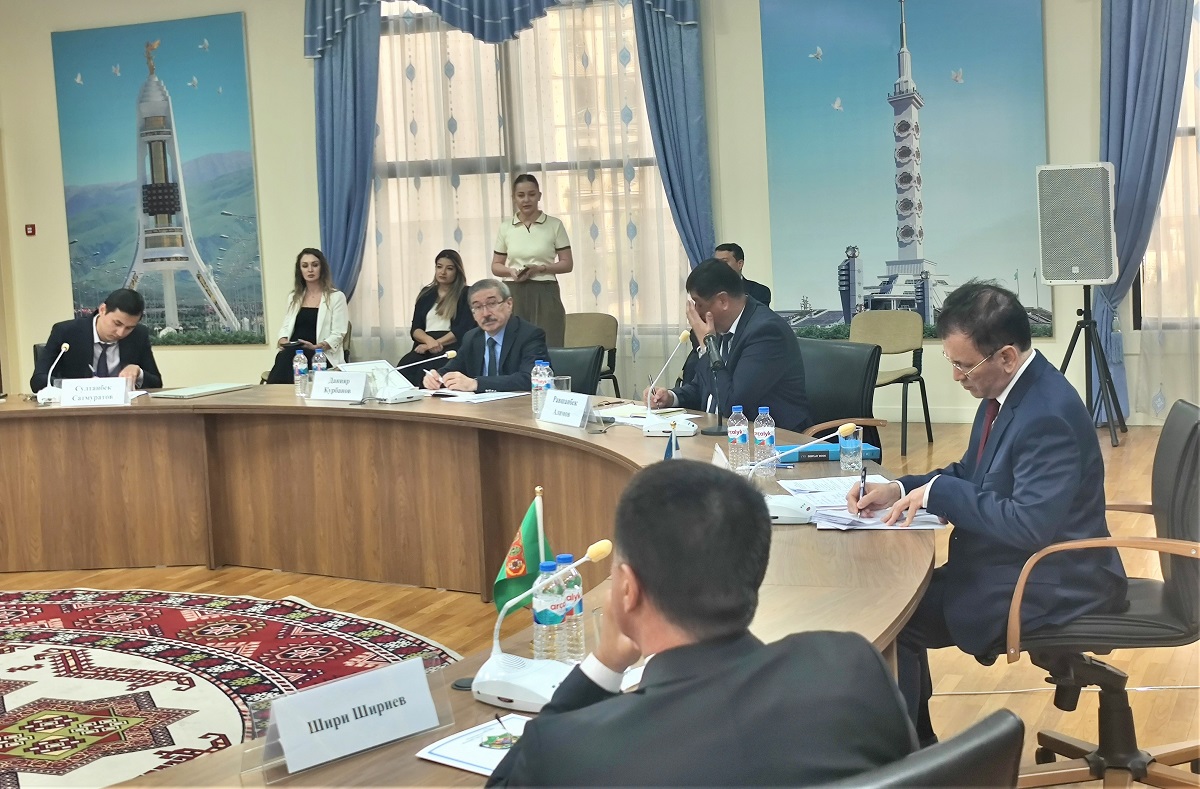
The visit of the Uzbek IICAS delegation and the roundtable discussion vividly illustrated the increasingly important role of expert and analytical approaches in the strategic partnership between Turkmenistan and Uzbekistan.
The expert dialogue not only revealed converging positions on key issues of regional consolidation (transport, energy, security, identity) but also formulated practical tools for achieving them: from reforming the Council of People's Commissars to creating a unified tourism product.
The trend is clear: Ashgabat and Tashkent are using the "soft diplomacy" of think tanks to develop consolidated approaches that will not only strengthen their bilateral strategic partnership but also ensure the effective promotion of the interests of all of Central Asia in the international arena.
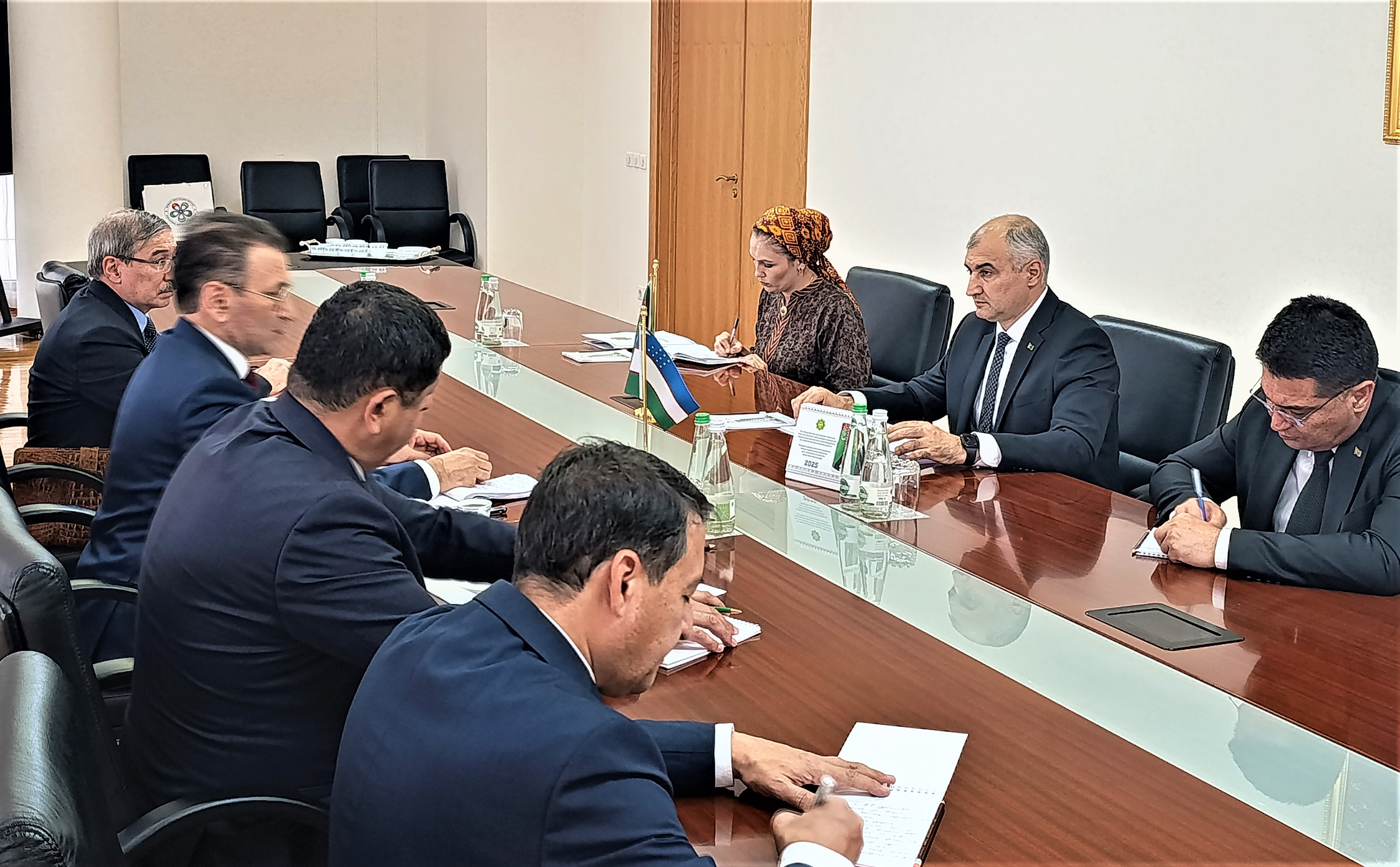
During the visit, the Uzbek delegation was received at the Ministry of Foreign Affairs of Turkmenistan. IICA experts also held meetings at the UN Regional Centre for Preventive Diplomacy for Central Asia, the Organization for Security and Cooperation in Europe (OSCE) office in Ashgabat, and the International University for Humanities and Development.
Members of the Uzbek delegation also visited the International Exhibition "Healthcare, Education, and Sports" in Ashgabat.



